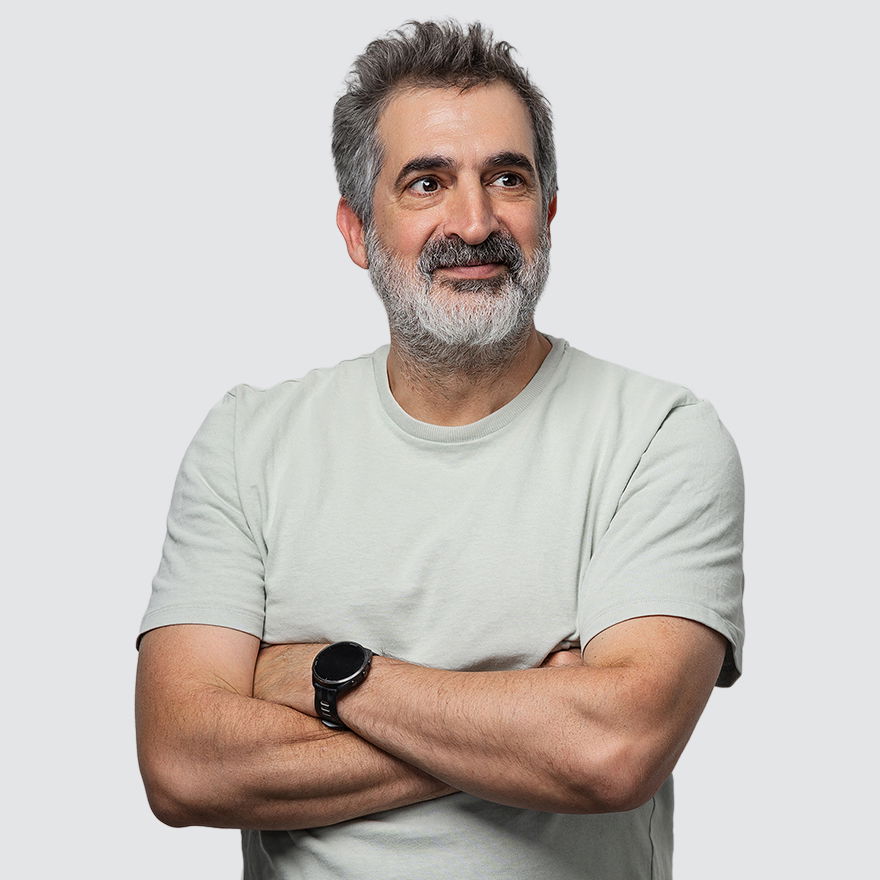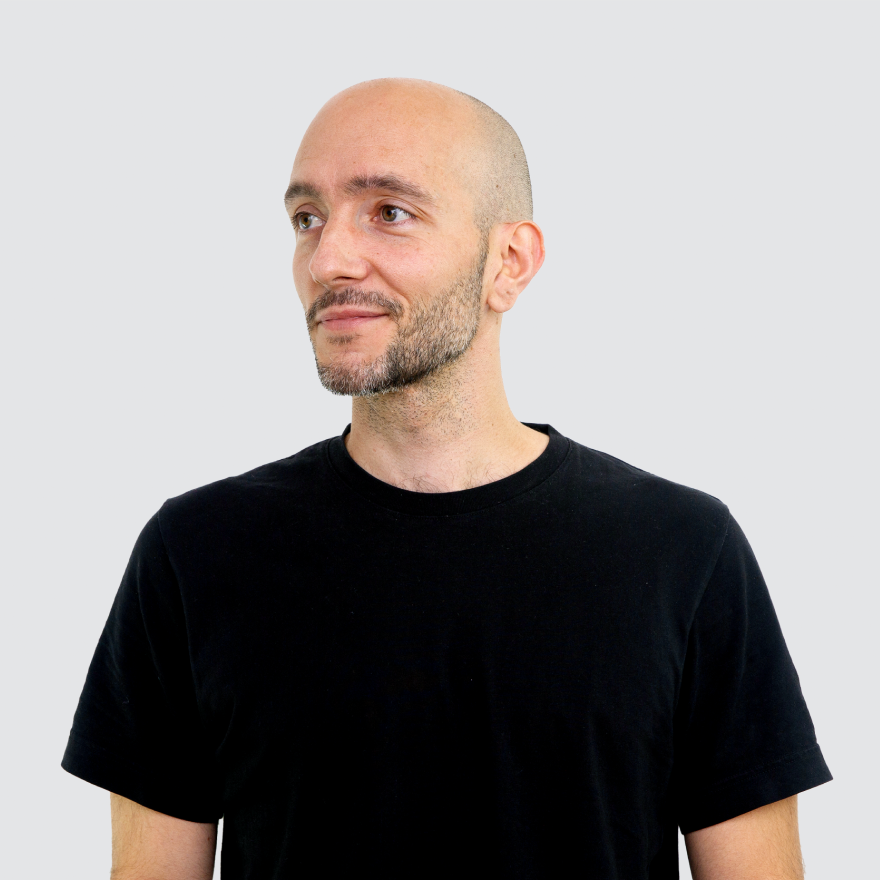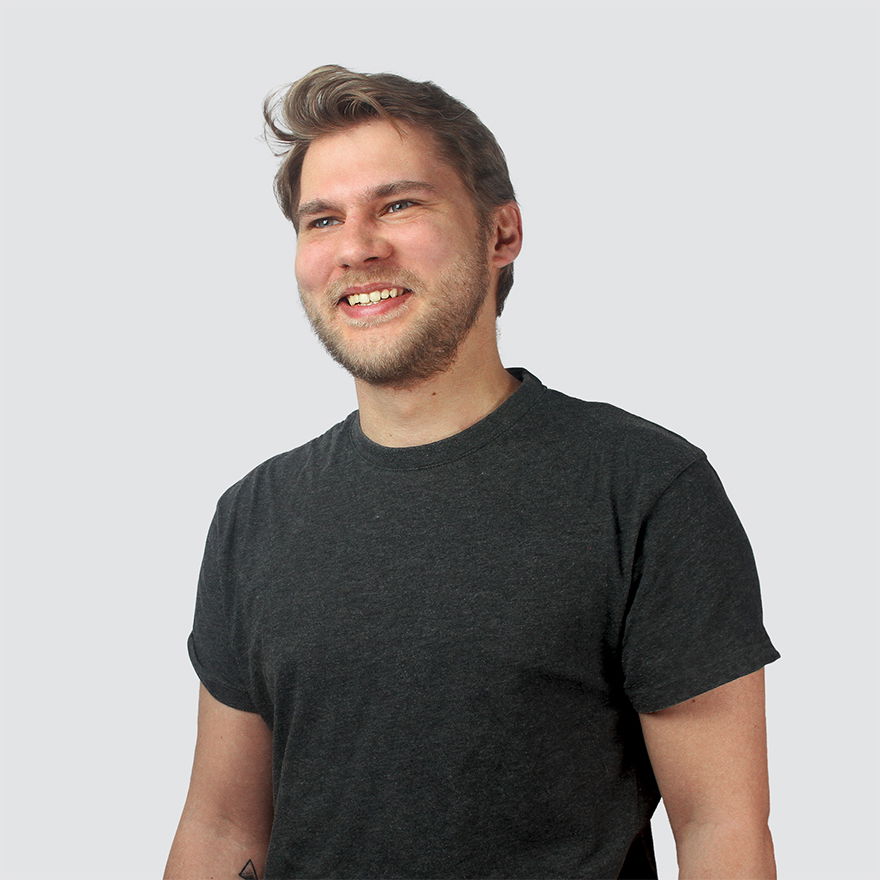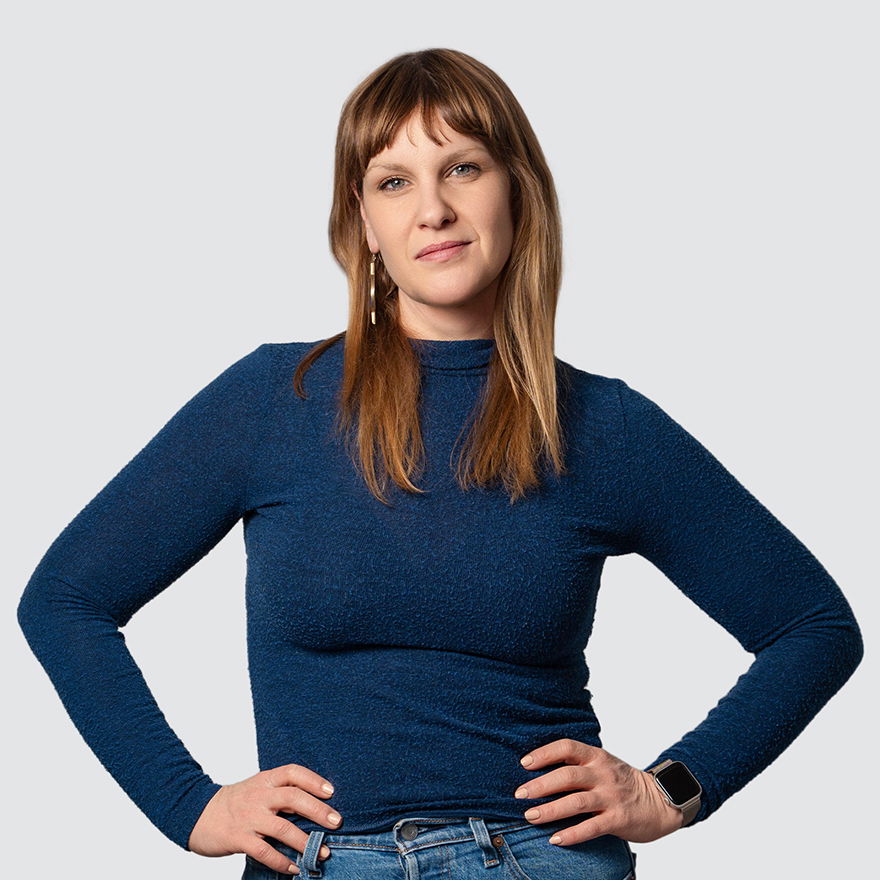
Build value for all
Advancing humanity through openness
The Internet started as a collaborative platform with a shared vision of access and transparency. This openness ethos is embodied by open source, a philosophy that holds the key to unlocking the Internet’s potential. The idea is that by making software open and free, we introduce value that surpasses proprietary software for everyone who uses it.
Open source was made popular by internet-scale companies to improve engineering efficiency and influence software ecosystems important to their business. Not only can you create better quality and more reliable software cost-effectively, but you also can create opportunities to influence the things that directly affect your business.
Today, most large companies see the benefits of using and contributing to open source, but that wasn’t always the case. In 2001, Microsoft’s CEO described open source as cancer, and they fought tooth and nail to wipe it out of existence. Yet today, they’re the world’s most prominent supporter, with over 4,000 employee contributors. In 2018, Microsoft paid 7.5 billion dollars to acquire Github, the world’s largest repository for open-source software.
“We can move quickly and more effectively by building a global and diverse community with a vested and collective interest.”

George Eid
CEO, Founder
Open source aligns individual interests around a shared vision. It allows people to unite as a community and create something greater together. The potential for exponential value creation is why many are now looking to open-source principles in other disciplines beyond software development. Read on to see how our team and clients use open source to empower creators, inspire communities, increase public engagement, and enable collaboration at scale.
Many hands deliver powerful outcomes
The recent pandemic and ongoing plight of climate change are quintessential examples of a collective global problem that calls for effective global collaboration. Paradoxically, both have illustrated that our hyperconnected world is ill-equipped for international coordination, to the detriment of our collective health.
At the same time, the open-source community has shown that global, remote, and community-based collaboration can solve big problems. The potential is enormous when applied to science, art, and business. As we navigate today’s perils and inequities, we can look to open-source to enable accelerated discovery and foster better public engagement.
Accelerating discovery through open science
One organization that operates through open source—in principle and practice—is EBRAINS, a pan-European digital infrastructure facilitating collaboration across researchers, institutions, and borders. EBRAINS is propelled by the idea that access to and cooperation around brain-related research accelerates innovation in neuroscience, brain health, and brain-related technologies.
“The real value of EBRAINS lies in neuroscientists accessing, sharing, and co-creating the content.”

Jean-Baptiste Peny
Group Strategy Director
With its roots in the Human Brain Project, a decentralized, member-based incubator for individuals and scientific institutions focused on the brain, EBRAINS came to us to bring its vision to life. We helped classify and centralize ten years’ worth of research and tools into a portal that leverages open-source principles and collaborative research. The new platform enables neuroscientists to collaborate and contribute to their field in ways that serve the public interest.
Increasing public engagement
Open access is also making a mark in the art world as more museums adopt an open ethos as part of a mission to increase public engagement and cooperation. In providing free access to high-quality artwork, images, and educational resources, museums aim to fulfill their purpose in ways that invite, welcome, and engage all audiences, not just a select few.
We partner with several institutions, including National Gallery of Canada, National Museum of Mexican Art, Art Institute of Chicago, Harvard Art Museums, The Getty, and Barnes Foundation, to build accessible and inclusive digital spaces that offer a collective benefit to all: to provide equal opportunity for learning and cultural enrichment.
Many of our partners have gone beyond open access to artwork, committing to open-source APIs and code. In 2022, Art Institute of Chicago even open-sourced the code of its entire website, a platform we built in 2018. By doing so, the Institute strengthens its dedication to education, investigation, innovation, transparency, and dialogue in the software development community.
Open ideas are better and more resilient
As an organization, we integrate an openness ethos into our practice, business, and agency culture. Our commitment to open source stems from our belief in its ability to empower creators and inspire communities. We believe the openness ethos levels the playing field, democratizes opportunities and creates alliances. In return, we encourage our team, accelerate value creation for our clients, and increase the impact of our work.
Empowering creators
AREA 17 develops custom software for clients, and content management often plays a significant role in many of the products we create. Unfortunately, most content management options are sorely lacking for the creators who use them. What was once a creative activity—laying out content for a magazine, newspaper, or book—had evolved into a banal task of filling out forms.
How can we give publishers the freedom to author and curate compelling narratives and give them command over fast-paced digital workflows? How can we put design controls in place that ensure design system integrity without restricting publishers’ creative needs? And how can we give developers the ability to tailor a solution to these needs without constantly reinventing the wheel?
A tremendous challenge, one important enough that we wanted to solve it, but we didn’t want to go at it alone; the power of the crowd was needed.
In 2018, we launched Twill, an open-source CMS uniquely crafted for the creators: publishers, designers, and developers. Since then, it’s become one of the top CMS solutions for Laravel, the leading framework for PHP. It’s been a joy to watch the growth of a global network of web developers and organizations who’ve adopted our technology, such as NIKE, OpenAI, New York Times, and many more.
“Twill’s success reflects the community’s commitment to it. With each new install, its potential is tested, and new opportunities for evolution are revealed.”

Quentin Renard
Group Engineering Director
Beyond Twill, we’ve open-sourced many of our tools over the last several years. With BLAST, we brought Laravel Blade to Storybook. With a single command, Tailwind Auto Docs auto-creates a visual and interactive representation of a design system. And Spaces and Ratios are a couple of design helpers we use for Figma.
Inspiring communities
A deepened commitment to open source has reinforced our belief that the most impactful ideas are widely accessible and available for everyone to use and build upon. Like dialogue, ideas become better and more resilient through diverse viewpoints and inclusive collaboration.
As we increase our contributions to open-source software, we aim to apply the open ethos to more aspects of our agency beyond code. By making our ideas and resources freely available, we hope to create a more inclusive and dynamic community where everyone can contribute and benefit.
Most recently, we publicly released Foundations of Feedback. This training guide explores common roadblocks to giving and receiving feedback and effective ways to overcome them. Grounded in a belief in continuous and collective learning, this previously internal guide offers tools to improve team collaboration, personal relationships, and professional advancements.
“Organizational design is usually a black box, a conversation internal to the business. It’s time to open the box to learn and grow together.”

Hannah Kreiswirth
COO, Partner
Open by default
We’re obsessed with building value for all and believe open source is a tool to accomplish this. That said, we’re not advocating that everything should be open, but rather, openness should be prioritized. ‘Open by default’ means that information should be publicly accessible unless there is sufficient reason why disclosure would be harmful – to the public or the disclosing organization.
A good example is our client OpenAI. While they’re prolific contributors to open source, with ‘open’ in their name, they’re often criticized for not open-sourcing everything they do. However, it’s not so clear-cut. While open AI models would help accelerate discovery, it’s also conceivable that someone could cause significant harm with those models. Whichever side you fall on, OpenAI’s decision to keep their latest models secret is credible.
Through an open ethos, the Internet can propel humanity on a path of knowledge, inclusivity, and exponential growth. Building a more open world takes work, but it’s a worthy cause to get behind. We’re hopeful that by embracing open source principles—not just code—we can build stronger businesses, a better internet, and maybe even a better world.
Want to muse further on open source?